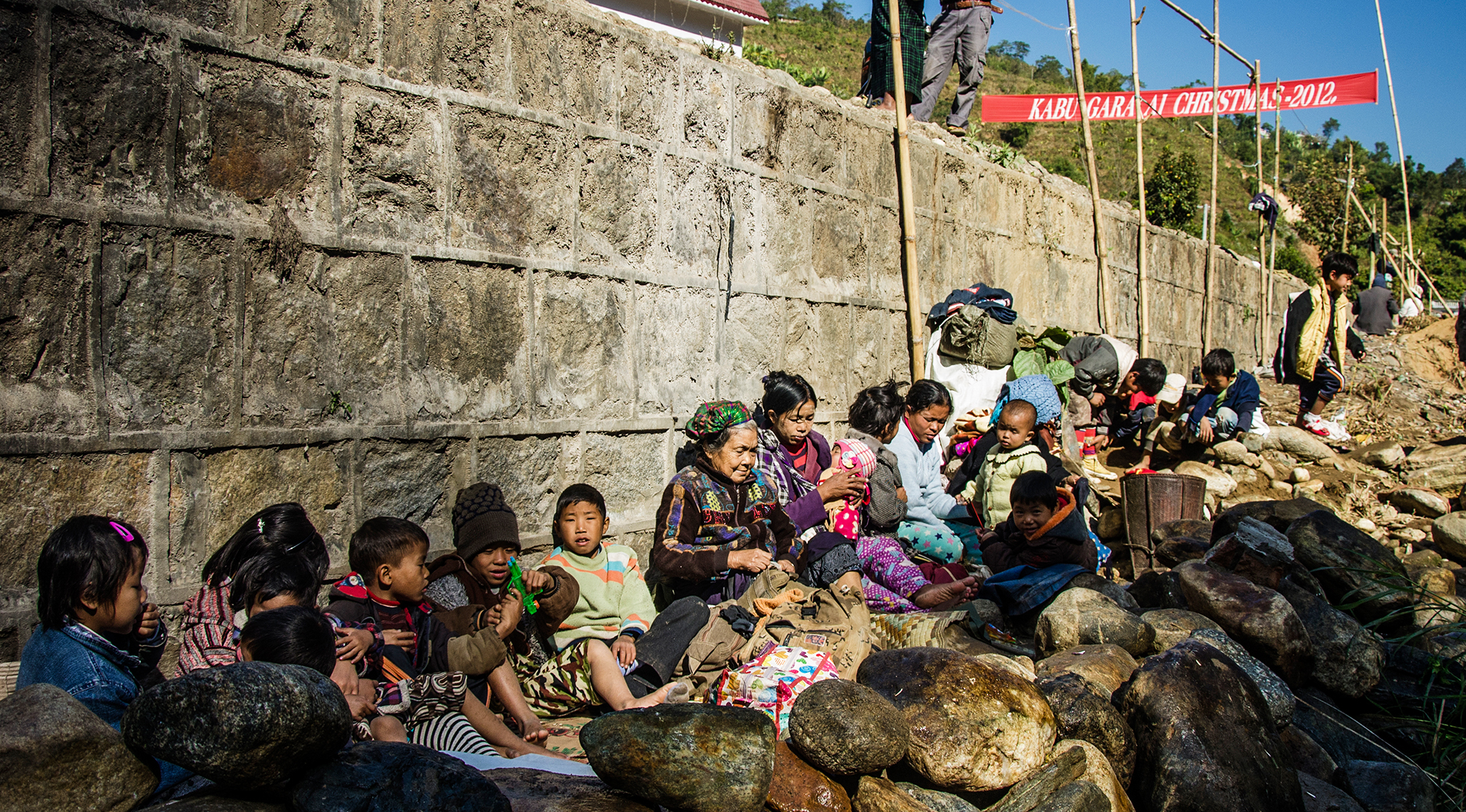Myanmar has been struggling to build a collective sense of national identity amongst a population made up of over 100 ethnic groups. However, the biggest challenge is that ethnic and religious minorities in particular do not feel a sense of belonging to the nation. Instead, their ethnic or religious identities often trump their identity as citizens of Myanmar. Why is this?
First, the name “Myanmar” itself is a source of controversy. Many ethnic minorities believe that Myanmar is another term to call Burma, which is drawn from the name of the majority Burman (Bamar) ethnic group. Many Burmans in the government system do not regard themselves as one of many ethnic groups. Instead, they consider themselves the “owner” or “host” of the country, and the rest as “migrants or guests.” The previous military junta’s Burmanization policies divided majority and minority groups for many decades. Due to the junta’s divide and rule tactic and the lack of quality education, many civilian Burmans are disconnected and not aware of minorities’ struggles. Of Myanmar’s 14 regions, seven are named after ethnic groups, thus this adds more complications among smaller populations from different ethnic groups living in the same areas with the same “owner” and “migrants or guests” issues.
The nation’s constitution states that all citizens are to be treated equally and have freedom of religion or belief. In practice, ethnic and religious minorities struggle greatly to obtain government employment. Religious minorities’ freedom to practice their religion is also severely curtailed throughout the country. According to a political analyst, the systematic oppression of ethnic and religious minorities gave rise to armed conflict among the Shan, Kachin, Karen, and Kareni ethnic groups and the growth of Wa and Rohingya ethnic identities during the last few decades.
One of the major factors for why the civilian government-led peace process failed was the perception by ethnic minority representatives that they were not viewed as equals or treated with respect by the Burman leaders. The peace process brought back bitter memories of betrayal by Burmans breaking the 1947 Panglong Agreement.
In order to amend the broken trust, the civilian government still needs to improve the way they are engaging with different ethnic and religious groups. The government should make sure minorities are heard and respected during peace process meetings and negotiations. One way to do that is for government representatives to refrain from using “us’ vs. “them” sentiments when they interact with ethnic and religious minorities.
Unless the civilian government comes up with policies that would bring about lasting reconciliation between Burmans and ethnic/religious minorities and fulfill their democratic values in their government, the struggle Myanmar is facing today could divide the nation even more than ever in the future.


